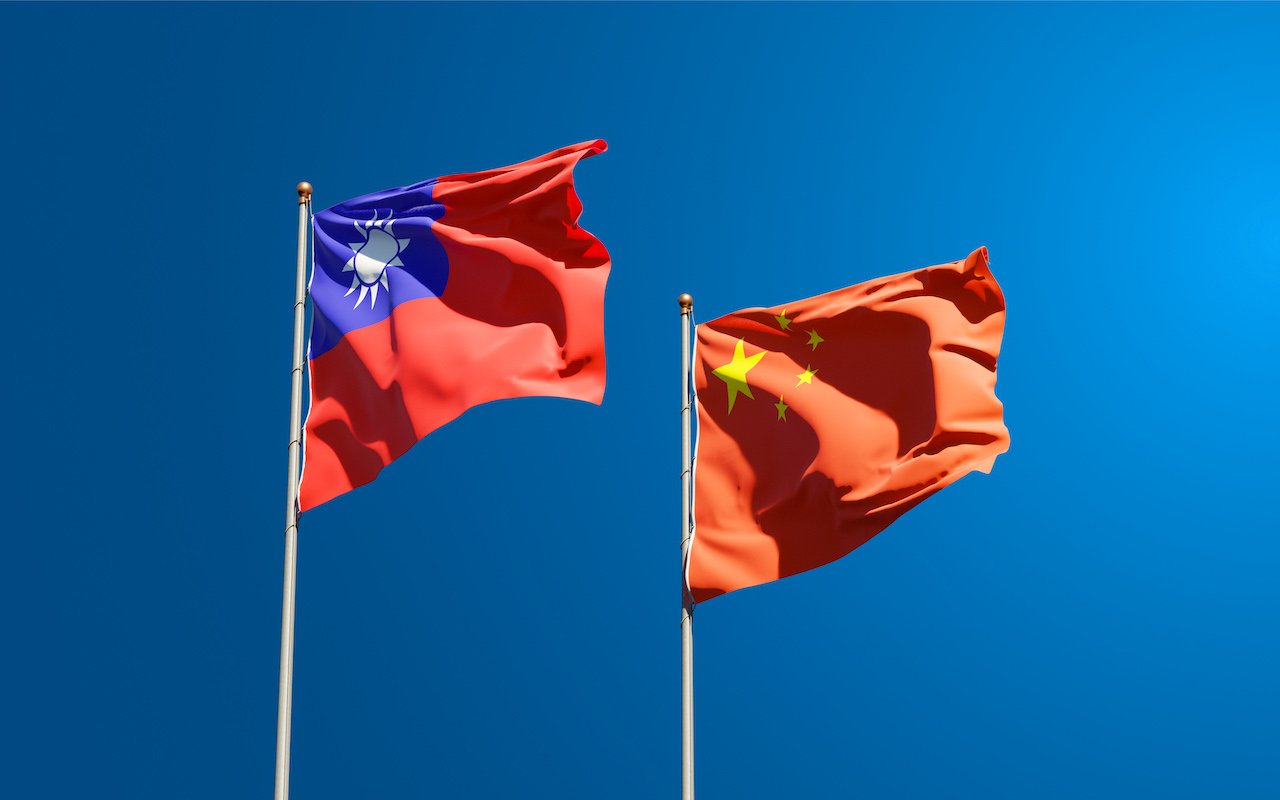Corning Inc., the company behind Gorilla Glass, has announced a series of steps, including ending exclusive deals and adjustments in patent enforcement, to address allegations of anti-competitive practices raised by the European Commission (EU). The European Commission announced that it is reviewing the company’s proposed commitments to resolve concerns over potentially restrictive agreements that may have disadvantaged competitors and consumers.
The EU’s antitrust regulators have been investigating whether Corning used exclusive deals to dominate the market for its break-resistant Gorilla Glass, a critical component in smartphone screens.
The Commission claims such practices could have stifled competition by limiting rival manufacturers’ access to customers, increasing costs for businesses and consumers, and curbing innovation in the glass technology market.
Corning, known for its Gorilla Glass used in popular smartphones, is accused of entering agreements that potentially hindered competitors from offering their products to Original Equipment Manufacturers (OEMs) and other critical industry stakeholders.

To address these concerns, Corning has proposed commitments to promote fair competition and alleviate the EU’s antitrust worries, according to Bloomberg.
- Ending exclusive deals: Corning has pledged to remove all exclusive dealing clauses from its agreements with OEMs and glass finishers to supply Alkali-Aluminosilicate Glass sold under the Gorilla Glass brand. The company also promises not to include such or similar clauses in future contracts globally.
- Patent enforcement adjustments: The company has offered to adjust how it enforces patents related to its break-resistant glass. Instead of relying on contractual mechanisms, such as penalties, to reinforce its claims, Corning would pursue patent infringement cases solely based on intellectual property law.
The European Commission has opened the floor for stakeholders to weigh in on Corning’s proposals. Input from competitors, customers, and other market participants will help determine whether these commitments adequately address the alleged anti-competitive behaviour.
If accepted, these remedies could set a precedent for how multinational corporations navigate antitrust concerns in the EU, particularly in highly specialised markets such as advanced materials for electronics.
In the News: 6 Ubisoft games face compatibility issues with Windows 11 version 24H2






